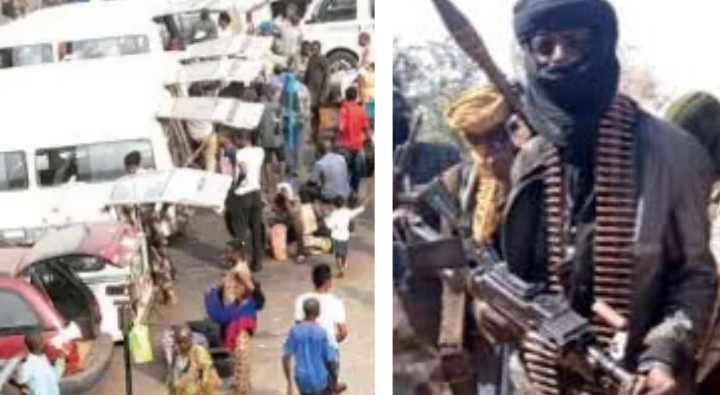kidnappings on Nigeria’s highways
The escalating threat of kidnappings on Nigeria’s highways has precipitated a significant decline in passenger patronage for interstate travel. In response, transport operators are increasingly adopting the ‘soole’ method—a practice involving the unregulated picking up of passengers along routes—to mitigate operational costs and sustain their businesses.
Traditionally, ‘soole’ has been associated with informal transport services, often perceived as less safe due to the lack of official oversight. However, the current security climate has compelled even established transport companies to embrace this method. By doing so, they aim to fill vacant seats left by cautious travelers who now prefer alternative means or avoid travel altogether.
This shift not only raises concerns about passenger safety but also underscores the broader implications of Nigeria’s security challenges on the transportation sector. The prevalence of kidnappings has instilled widespread fear, deterring many from utilizing interstate transport services. Consequently, transporters face dwindling revenues, prompting them to resort to ‘soole’ as a survival strategy.
Industry stakeholders have expressed alarm over this trend, highlighting the potential risks associated with unregulated passenger pickups. The absence of proper documentation and vetting processes increases the vulnerability of both passengers and drivers to security threats. Moreover, this practice may inadvertently provide opportunities for criminal elements to exploit the transportation system.
To address these challenges, experts advocate for a multifaceted approach. Enhancing security measures along major highways is paramount to restoring public confidence in interstate travel. Additionally, implementing stringent regulations and oversight for transport operators can help ensure that safety standards are maintained, even when alternative methods like ‘soole’ are employed.
The government’s role is crucial in this context. By investing in infrastructure development and deploying adequate security personnel, authorities can create a safer environment conducive to travel and commerce. Collaborative efforts between law enforcement agencies and transport unions are also essential to monitor and regulate practices within the industry effectively.
In conclusion, the adoption of the ‘soole’ method by transporters reflects a pragmatic response to the pressing issue of highway insecurity and its impact on interstate travel. While it offers a temporary reprieve for struggling transport businesses, it also accentuates the urgent need for comprehensive strategies to combat kidnapping and restore safety to Nigeria’s roads. Ensuring the protection of travelers is imperative for the revitalization of the transportation sector and the nation’s socio-economic well-being.

